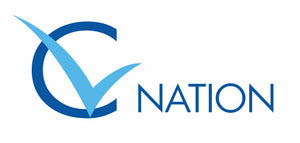Interviewers ask this question to break the ice and learn a bit about your background as an electrician. Your answer should also give the interviewer insight into your skill set.
When answering this question, be concise and keep your answer short, but try to tell the story of your career. Try to connect your answer to why you’re the ideal candidate for the job. You could do this by touching on your experiences, skills and accomplishments.
Here is an example answer to this question:
'I’ve been an electrician for over eight years. I started my career as an apprentice electrician in 2013, and since then I have gone onto to lead major projects across London.
Most recently, I managed the installation of new electrical systems on the London Underground, a project that lasted over four years. My role involved leading large teams of electricians and managing budgets.
Having recently delivered this project, I am now eager to commence a new challenge, which I why I was excited when I came across this role.'
